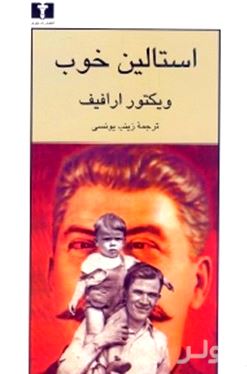|
نویسنده :
ویکتور ارافیف
ناشر :
نیلوفر
۳/۷ از ۵
|


